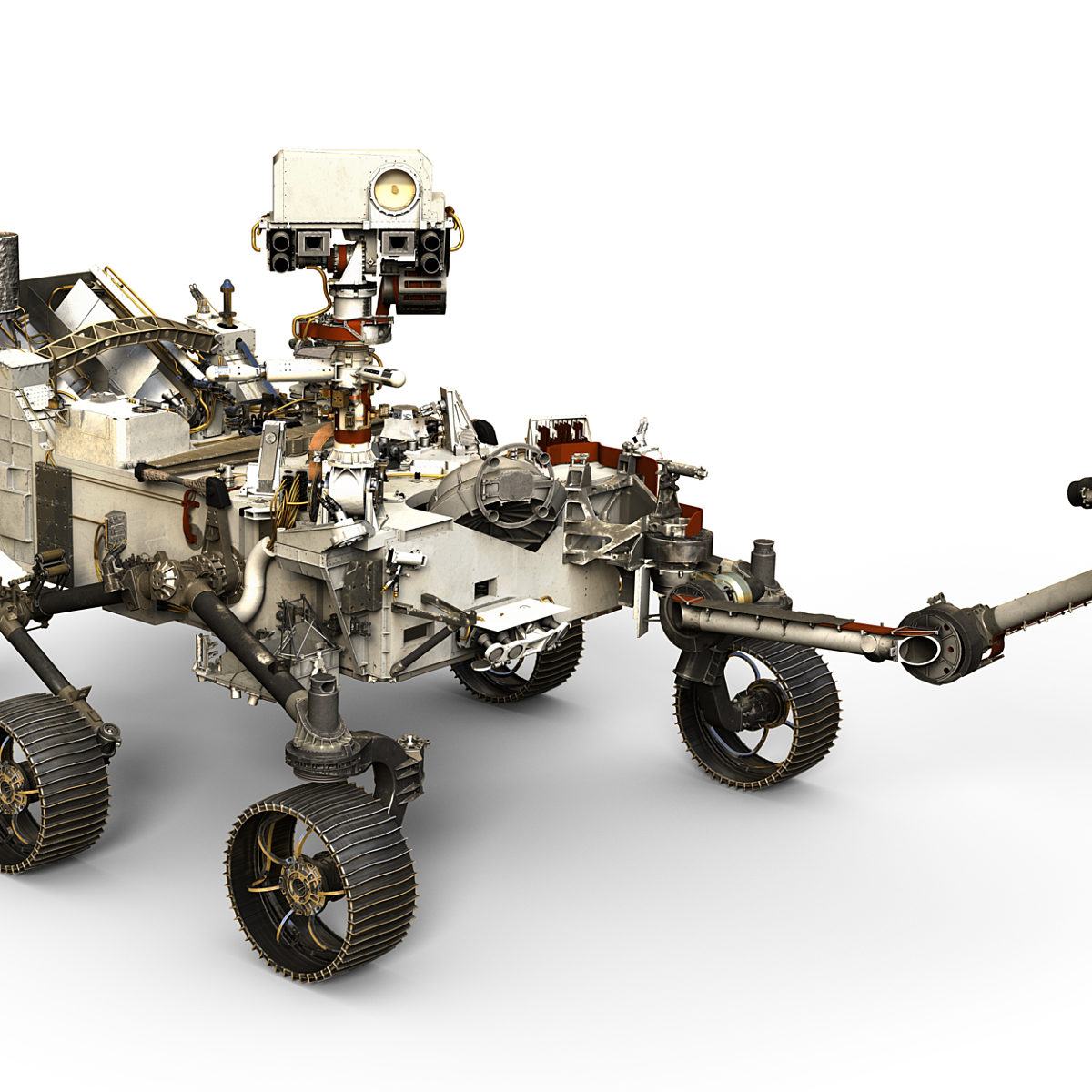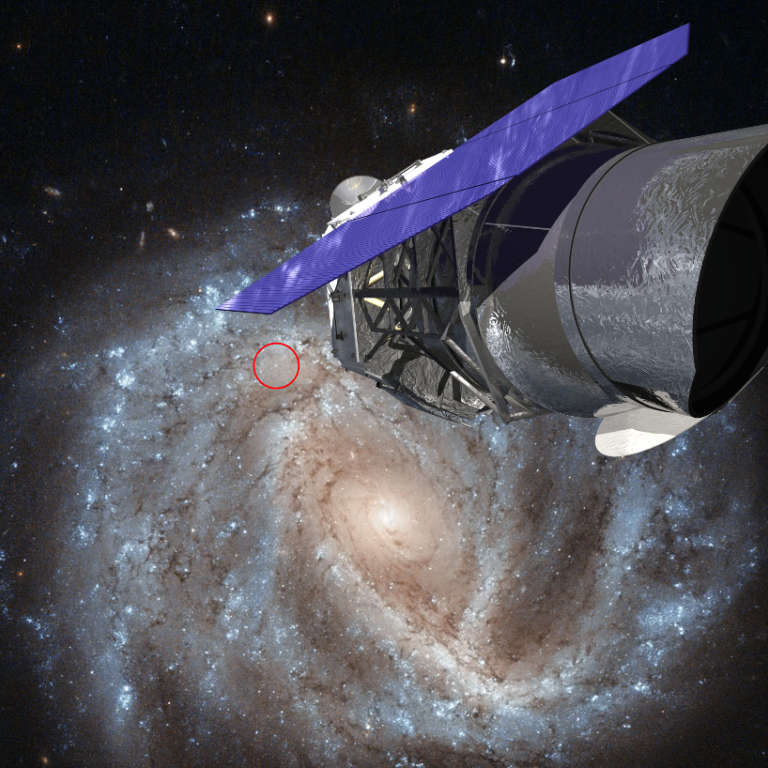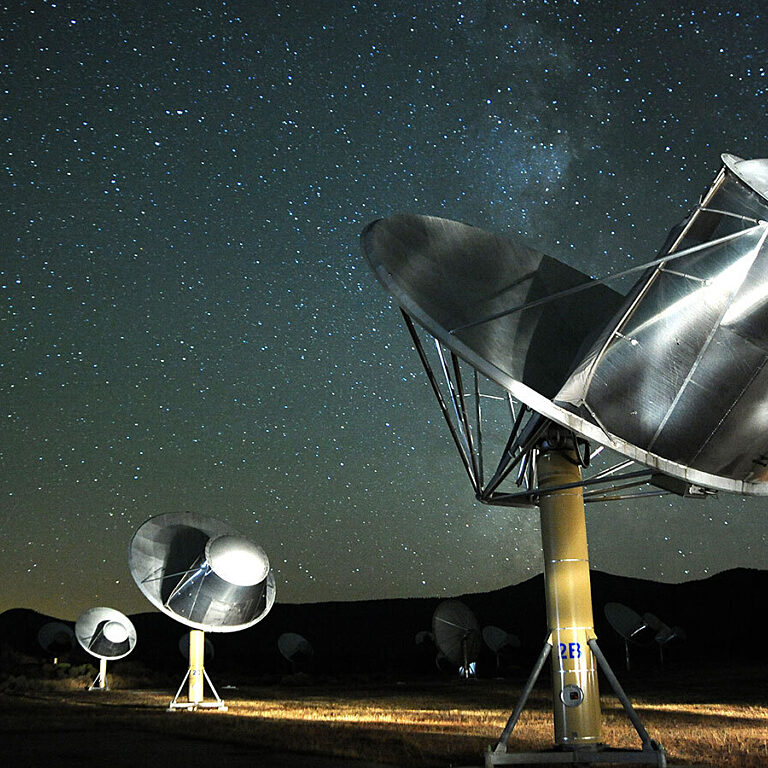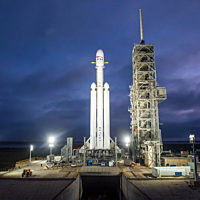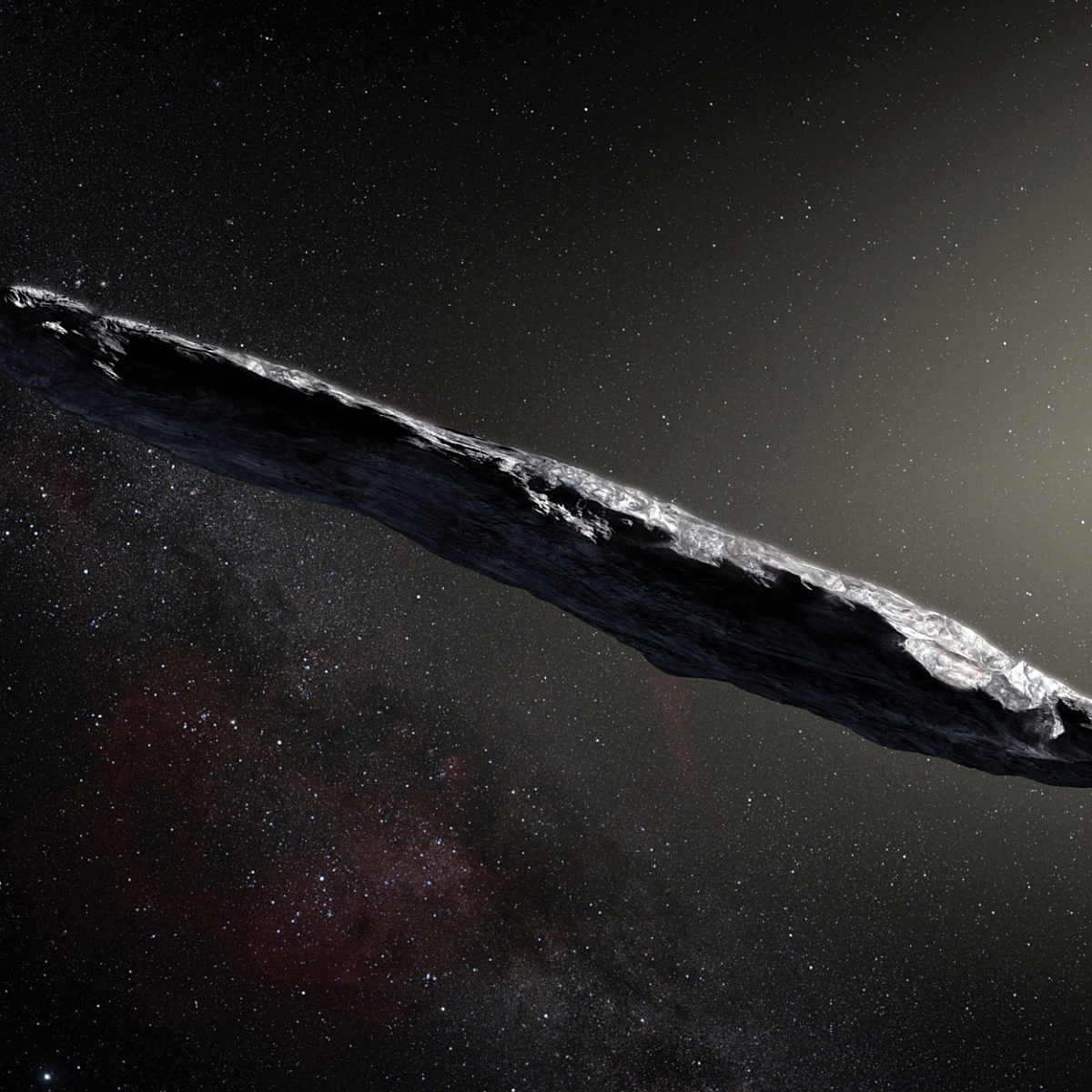Since 2002, Planetary Radio has visited with a scientist, engineer, project manager, advocate, or writer who provides a unique perspective on the quest for knowledge about our Solar System and beyond. The full show archive is available for free.
Search Planetary Radio
Society members from 21 states descended on the U.S. capitol for a
It has been 40 years since Carl Sagan and others shared the best of humanity with the stars. A new online multimedia project has been created as a 21st century homage to the Golden Record.
Mat Kaplan attended a meeting of the science team for the zoom lens camera that will be atop the Mars 2020 rover mast. Planetary Scientist Jim Bell tells us how this new system will show us the Red Planet as we’ve never seen it before.
As promised, Casey Dreier and Jason Callahan are back with a special review of the just-released FY 2019 President’s Budget Request (PBR) for NASA. It contains good news, bad news and odd news. What is likely to stand? What will Congress ignore, going its own way? NASA’s new lunar ambitions, Mars Sample Return, WFIRST and more hang in the balance. Let the debate begin.
Republican Randy Hultgren and Democrat Derek Kilmer celebrate formation of the new bipartisan, bicameral caucus of US representatives and senators. They have united behind exploration of our and other solar systems. Bill Nye shares his eye and ear witness account of the SpaceX Falcon Heavy launch and landing. The new What’s Up space trivia contest takes its inspiration from the Tesla Roadster now on its way to Mars.
Where is everybody? That was the question physicist Enrico Fermi asked when he wondered why we hadn’t yet met ET. What will happen if we do? Will humans lose the will to explore?
Planetary Society CEO Bill Nye attended the State of the Union address on January 30th, he also spent the day meeting with sixteen different members of Congress to promote science on Capitol Hill. In this special abbreviated show, Casey Dreier and Mat Kaplan welcome their colleague Matt Renninger, who joined Bill on Capitol Hill, to discuss the goals of The Planetary Society and the reasons why it was important for Bill to attend.
Join Mat Kaplan on a visit to Naval Base San Diego and the USS Anchorage, the amphibious ship that has just completed a round of Orion spacecraft recovery testing and practice.
Mat Kaplan talks with participants in the National Space Society’s recent Space Settlement Summit about human destiny in space.
A computer model based on our best data about Saturn’s cloud-shrouded moon says that torrential liquid methane pounds the surface far more frequently than previously expected. Sean Faulk and Jonathan Mitchell of UCLA explain.
It’s the space policy guys’ turn to look back at a year that saw great achievements in space. Were they matched by events in Washington DC?
Mat’s first-ever four-way conversation with Jason Davis, Casey Dreier and Emily Lakdawalla reviews the biggest 2017 events in space exploration and provides their predictions of what to look for in the new year.
Mars scientists dubbed them recurring slope lineae or RSLs. They sure looked like evidence of liquid water flowing down hillsides and ridges on the Red Planet. New research led by USGS Planetary Geologist Colin Dundas says otherwise.
On December 11th President Donald Trump signed a memorandum that firmly points the US space effort toward the Moon, but without providing many details. Planetary Society Director of Space Policy Casey Dreier fills in some of the gaps left by this executive directive.
The first confirmed interstellar visitor to our solar system is a needle-shaped asteroid given the Hawaiian name ‘Oumuamua. Karen Meech leads the team that is learning as much about it as possible before it leaves our neighborhood, never to return.
Elon Musk. Jeff Bezos. Richard Branson. These are the names we tend to associate with the current era of private space exploration. But what about John Quincy Adams, James Lick, or Charles Yerkes? Space economist and historian Dr. Alex MacDonald joins us to discuss his book,
Moon Express Founder and CEO Bob Richards shares an inspiring vision for a return to the Moon. It includes introduction of a sophisticated line of robotic spacecraft, the first of which may make a soft landing next year.
Canada has a new Space Advisory Board, and The Planetary Society’s Kate Howells is a member.
Congressman Adam Schiff’s California district includes the Jet Propulsion Laboratory. He is as enthusiastic a fan of the final frontier as you are likely to find under the capitol dome in Washington D.C.
The likely next Administrator of NASA, Jim Bridenstine, appeared before a somewhat skeptical Senate committee to defend his nomination. Casey and Jason recap the hearing and assess Congressman Bridenstine’s chance of moving forward.


 Explore Worlds
Explore Worlds Find Life
Find Life Defend Earth
Defend Earth




